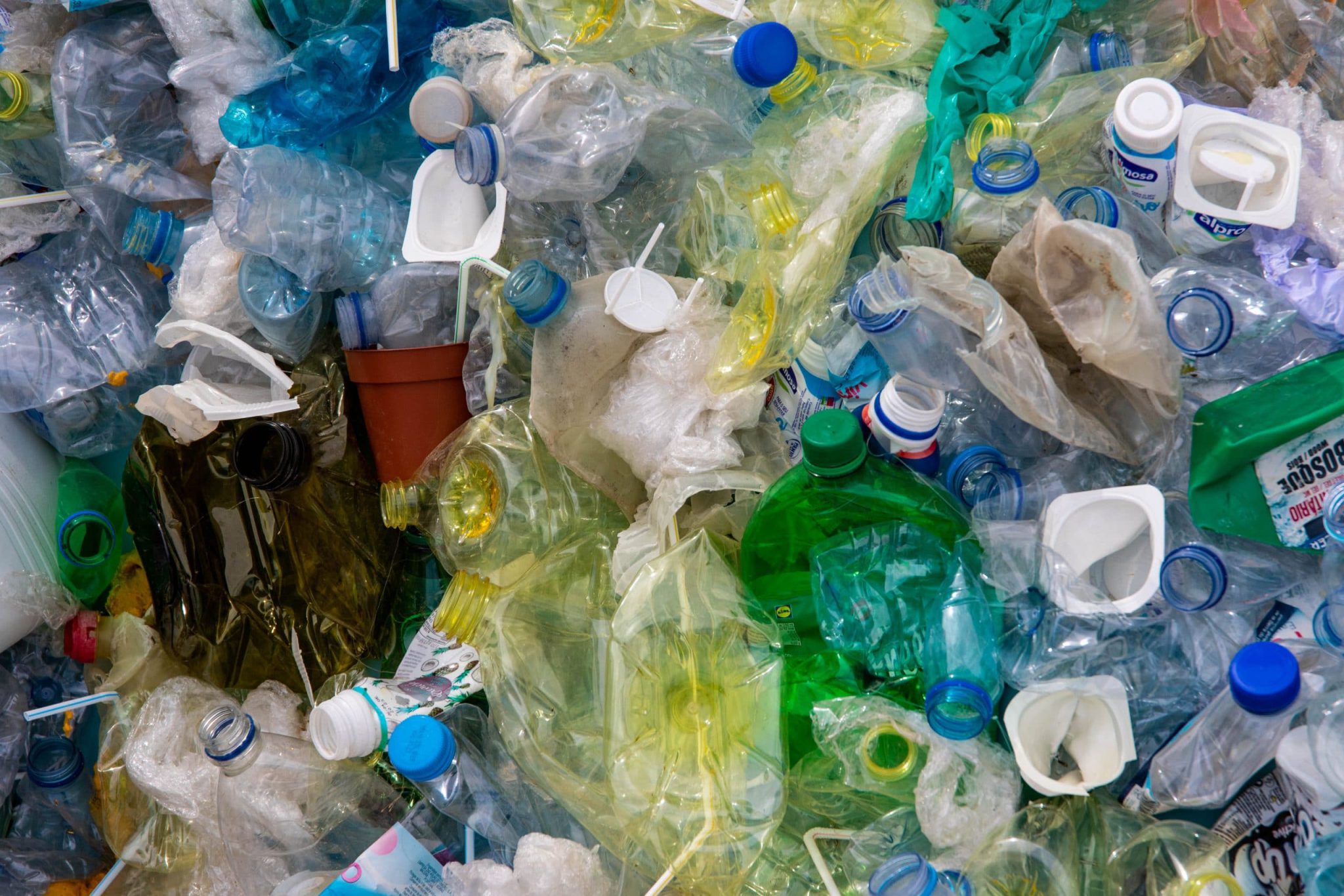 Plastic has become such an important part of our daily lives that it seems indispensable. And yet, it represents a real danger for our planet. Even if recycling is now a solution to limit the damage, it really is time to reduce plastic waste at home. Here are the 7 tips to reduce your consumption:
Plastic has become such an important part of our daily lives that it seems indispensable. And yet, it represents a real danger for our planet. Even if recycling is now a solution to limit the damage, it really is time to reduce plastic waste at home. Here are the 7 tips to reduce your consumption:
1. Refuse plastic straws and cutlery:
Reusable straws, plastic cutlery and all those other products are our worst enemies, accounting for 4% of the plastic waste found in the ocean. However, there are simple and more economical alternatives to replace them: stainless steel food products for example; they are not only more resistant, but they can be washed and reused.
2. Stop eating gum:
If you have to give up chewing gum, it’s not only because of its plastic food packaging, but also because of its composition. In recent years, it has been made with plastics, including polyethylene and polyvinyl acetate. The worst part is that these elements increase the risk of developing cancerous tumors.
3. Buy a reusable stainless steel water bottle:

Plastic water bottles are also a real nuisance for our planet. And yet, it is possible to replace them with reusable containers, such as stainless steel bottles. Not only will you be protecting our planet from plastic waste, but it will also help you save money.
4. Reuse bags for shopping:
Today, single-use plastic bags are banned in many countries around the world. This allows consumers to turn to other alternatives to do their shopping. In fact, the idea of using a reusable bag instead of a throwaway plastic model helps save money while protecting the environment.
5. Buy food in bulk:
Overpackaging is another scourge that leads to unnecessary overconsumption of plastic. To remedy this, choose unpackaged products at the supermarket, such as fruits and vegetables. Another solution to avoid plastic packaging is to buy food in bulk in some stores or grocery stores. This option is available for products such as cereals, pasta, flour, starches, sugar, coarse salt, spices, nuts or even liquids such as oil or vinegar.
6. Reuse jars: 
Instead of opting for plastic cans or bottles, glass containers are also great for storing various household products. In the kitchen for example, you can put multiple foods in it.
7. Avoid frozen foods:
Frozen foods always need plastic to be packaged! Avoiding them helps protect the environment, and therefore reduce your daily plastic consumption.

 Plastic has become such an important part of our daily lives that it seems indispensable. And yet, it represents a real danger for our planet. Even if recycling is now a solution to limit the damage, it really is time to reduce plastic waste at home. Here are the 7 tips to reduce your consumption:
Plastic has become such an important part of our daily lives that it seems indispensable. And yet, it represents a real danger for our planet. Even if recycling is now a solution to limit the damage, it really is time to reduce plastic waste at home. Here are the 7 tips to reduce your consumption: 


